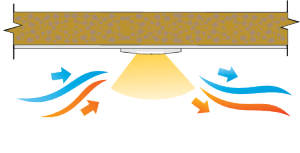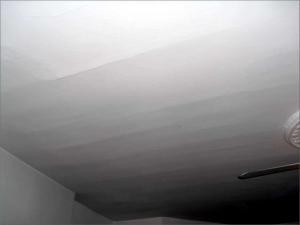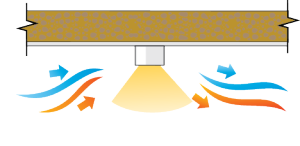How Are Downlights Beneficial?
Estimated reading time: 2 min
What are the benefits to having downlights? It’s an extremely good question, considering the issues downlights introduce.
Downlights have several benefits:
- They can remove unsightly imperfections in the ceiling, especially an issue in older renovated homes.
- They provide a desirable look, because they are flush and minimalist.
- They offer an excellent lighting choice for low ceilings.
- They allow flexibility in partly lighting a room.
- They reduce the chances of tall people hitting their heads with low-hanging light fittings.
Myths about why people might think downlights are desirable:
- Energy efficiency. Just because downlights are low voltage does not mean they use less energy, as their amperage is quite high. For example, high-voltage GU10 downlights use less power than low-voltage MR16 downlights, because they do not need control gear. Energy is lost during the transformation process of 240V to 12V, and also the low-voltage cable and lamp holder get hotter due to the higher amperage.
- Downlights do not effectively use the walls and ceiling to deflect lighting around the room, creating a more evenly spread brightness.
The ultimate solution for building air tightness would be surface-mounted downlights, and they are becoming available. However, they currently do not have the ability to produce a flush look with the necessary light output without breaking the building envelope.
Using a recessed luminaire with a barrier or an IC-rated fitting can provide significant benefits when designed correctly, but at the end of the day, it’s all about maintaining the thermal and airtight barrier of a building.
OR

OR









